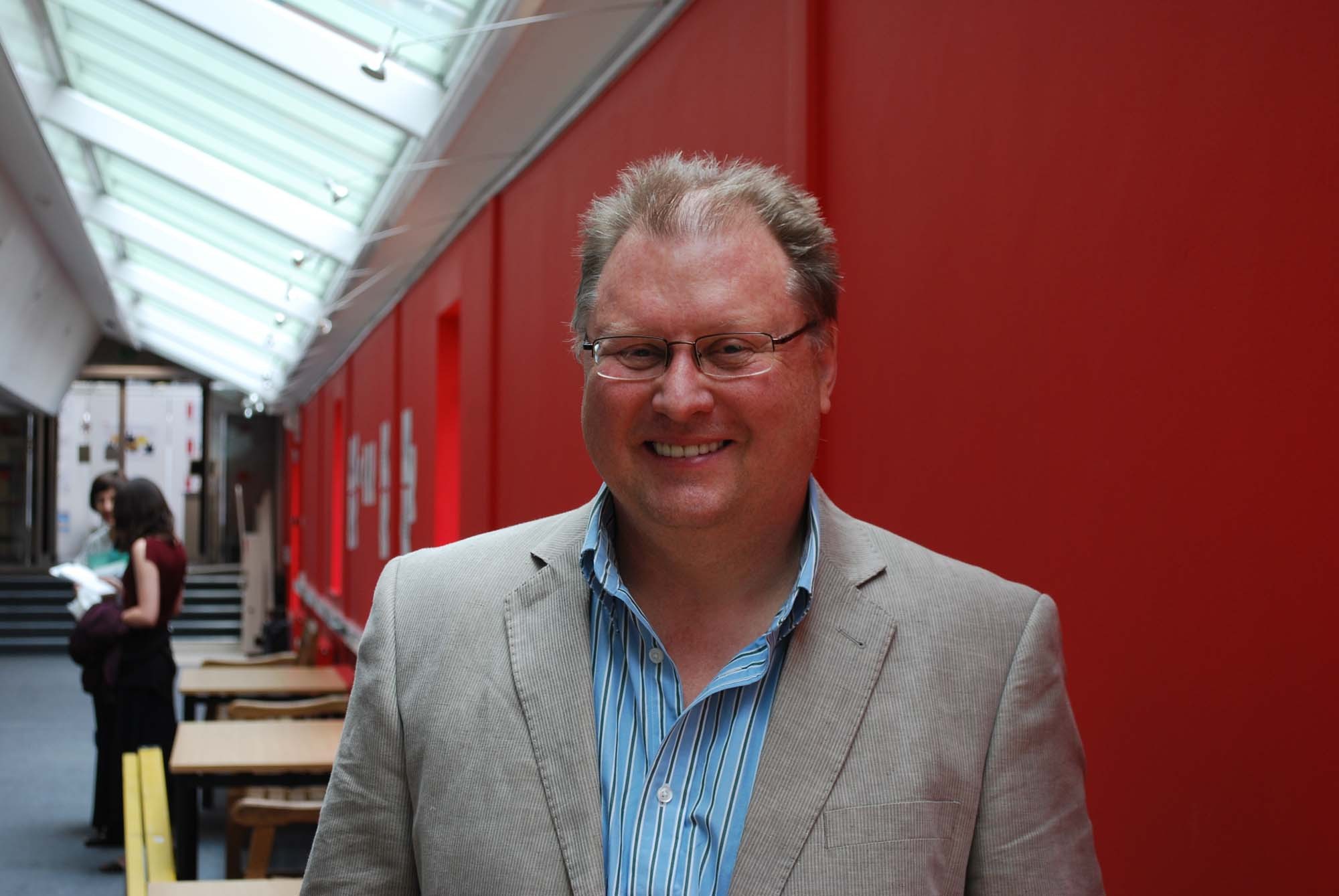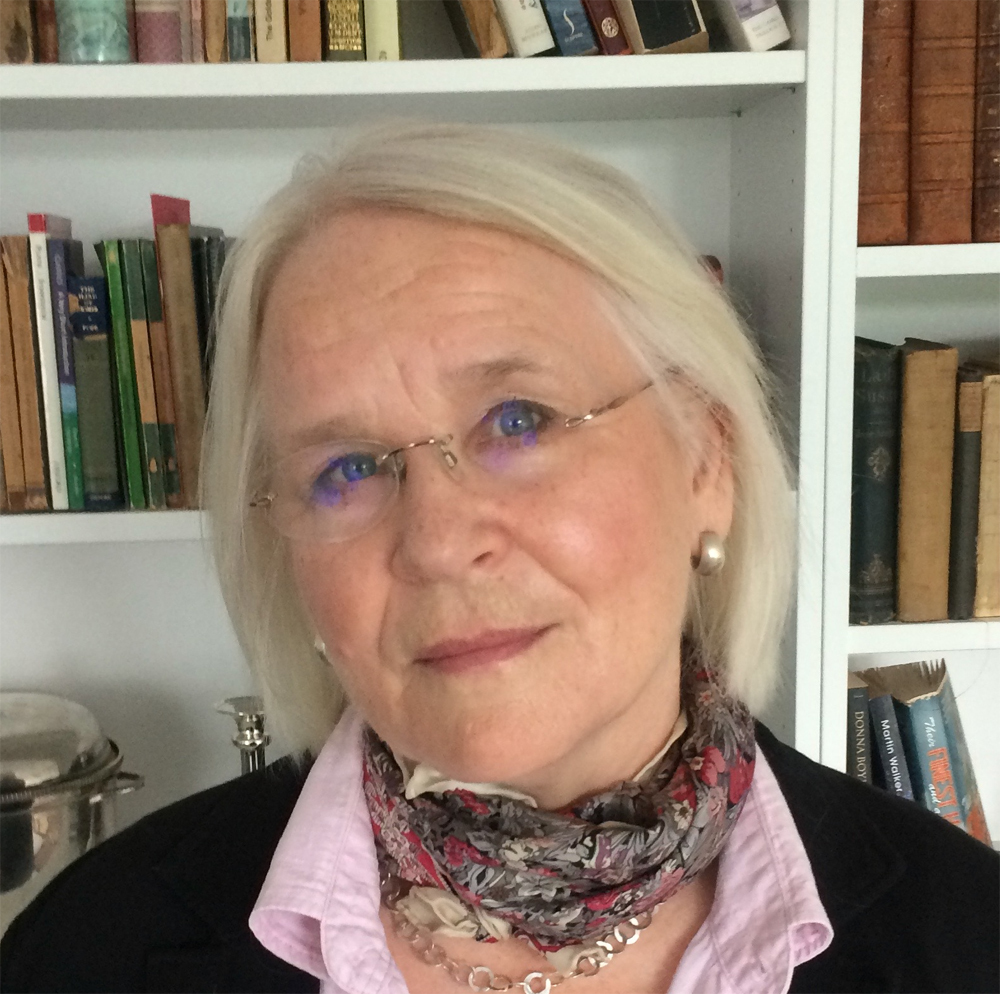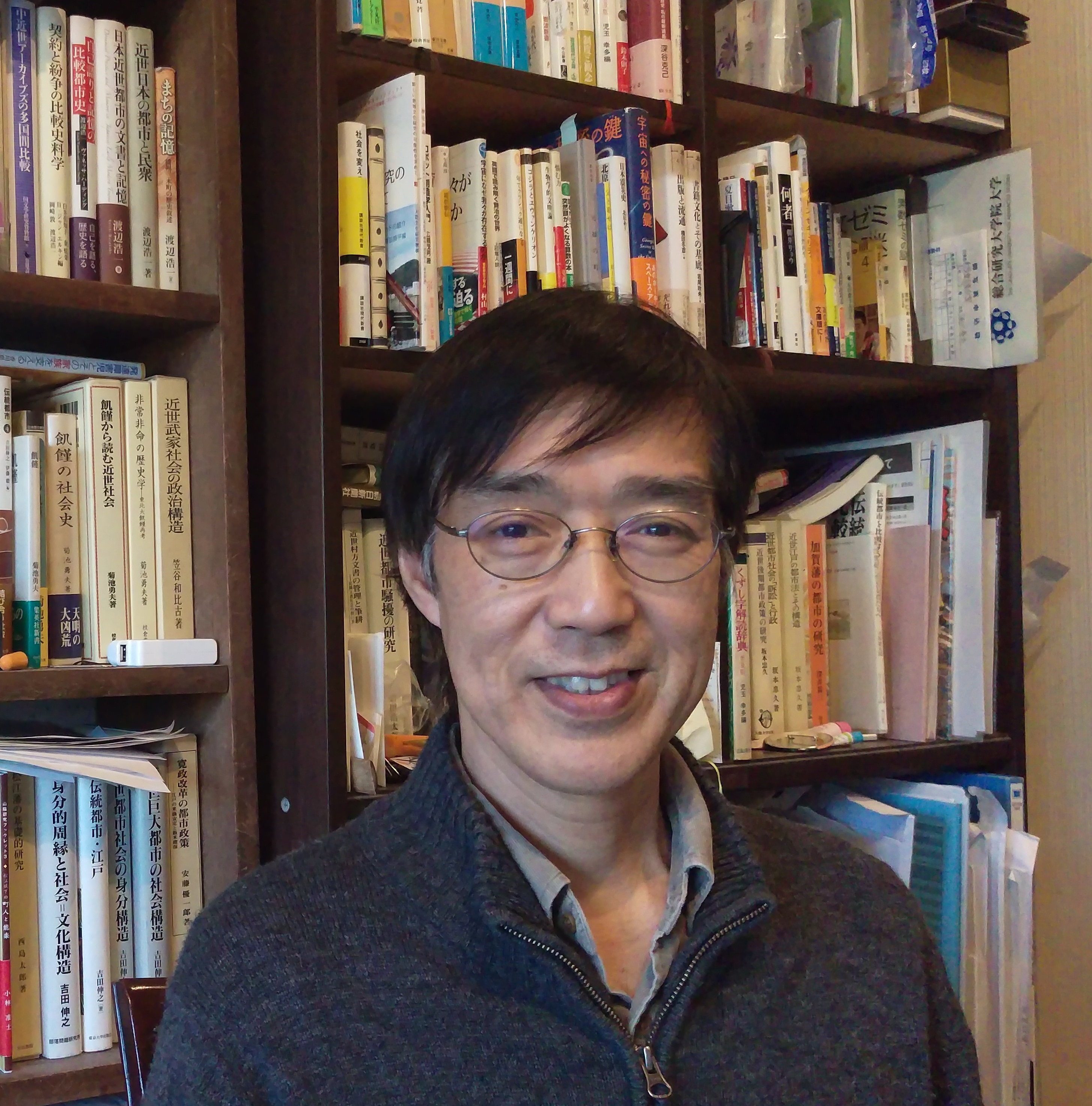September 13, 2018
CenSAMM Symposia Series 2018
This event will now be held at Hughes Hall, Cambridge.
The conference timetable is available for download.
Since the early modern period, societies located in different parts of the planet have experienced natural disasters. Ranging from earthquakes to volcanic eruptions, from flooding to tidal waves, communities have variously responded to unpredictable and catastrophic natural events. Strategies of human resilience to shattered urban and rural territories were undertaken against a backdrop of cultural responses to trauma caused by natural disasters. Located within a variety of contexts (notably religious, political and socio-economic), natural disasters have usually modified collective perceptions of the world, time, and the position of humans in history. Within a millenarian context, natural disasters have often been interpreted as a prelude to the end time. From a political angle, natural disasters have been seen as the solution to a dystopian world characterized by political ineptitude, moral decay and unsustainable inequality. Similarly, within a religious context, natural disasters have often been interpreted as rooted in the relationship between humans and the divine. Thus, disasters have been interpreted as the first manifestation of divine judgement against human misconduct, and as a prelude to the apocalypse. This conference seeks to explore the different forms through which the idea of natural disasters and the apocalypse has taken shape in geographically distant and culturally different societies from the early modern period to the present.
In addition to keynote speakers, presenters will include Vincenzo Lisciani Petrini (on the Apocalypse and disaster in Melville, Buzzati and Beckett), Corinna Guerra (on how chemical knowledge challenged apocalyptic notions of volcanic eruption in Naples), and Will Sipling (on myth, theodicy and natural disaster).
Keynote speakers:
Bill McGuire

Bill McGuire is an academic, broadcaster and popular science and speculative fiction writer. He is currently Professor Emeritus of Geophysical and Climate Hazards at University College London. Bill was a member of the UK Government Natural Hazard Working Group established in January 2005, in the wake of the Indian Ocean tsunami, and in 2010 a member of the Science Advisory Group in Emergencies (SAGE) addressing the Icelandic volcanic ash problem. In 2011, he was one of the authors of the IPCC report on climate change and extreme events. His non-fiction books include A Guide to the End of the World: Everything you Never Wanted to Know and Surviving Armageddon: Solutions for a Threatened Planet. His current book is Waking the Giant: How a Changing Climate Triggers Earthquakes, Tsunamis and Volcanoes; ranked at number five in The Guardian's Top 10 'eco' books. Bill presented the BBC Radio 4 series, Disasters in Waiting and Scientists Under Pressure and the End of the World Reports on Channel 5 and Sky News. He has also contributed to countless other television and radio programmes and was consultant and main contributor for the lauded BBC Horizon films; Supervolcanoes and Megatsunami - Wave of Destruction, as well as for the BBC drama, Supervolcano. Bill writes for The Guardian, The Times and The Observer, and is a regular contributor to New Scientist and Focus magazines. He recently co-presented Project Doomsday with comedy duo, Robin & Partridge (various venues). He lives, runs and grows fruit and veg in the Peak District, where he resides with his wife Anna, sons Jake (8) and Fraser (13), and cats Dave, Toby and Cashew.

Vanessa Harding is Professor of London History at Birkbeck, University of London. She published a major comparative study of burial in Paris and London, 1500-1670, in 2002, and continues to write and teach on aspects of family, housing, health and disease, and death in this period. One important theme in her work is the impact of plague and fire on early modern London and Londoners.
Koichi Watanabe is a professor at National Institute of Japanese Literature, National Institutes for Humanities and SOKENDAI (The Graduate University for Advanced Studies). He edited Memory, History and Autobiography in Early Modern Towns in East and West(Cambridge Scholars Publishing, Newcastle, 2015) with Professor Vanessa Harding at University of London. His publications include Document Practice and Memory in Japanese Early Modern Towns [in Japanese](Tokyo, 2014). His most recent interest is disasters and environment history after The Great Earthquake of East Japan in 2011. Floods and urban Infrastructure in Edo [in Japanese], Japanese History (NIHON REKISHI) 830, 2017.His recent presentations in English as follows.
Natural disaster and the transformation of urban space and famous places in Edo, in the international conference ’Power and Daily Living in Urban Space’ at Kyong-book National University, Korea, Nov. 2017
Metropolitan responses toward a series of disasters in 1780s Edo, in the international conference ‘Cities and disasters: urban adaptability and resilience in history’ at University of London, Nov. 2016

Dr Lorenza Gianfrancesco is the conference advisor. She is a lecturer in early modern history at Chichester University.
Expertise: early modern southern European intellectual and social history with a focus on Naples and southern Italy.
Research interests: Academies, printing and publishing, propaganda and dissent, science, and disasters in early modern Naples and southern Italy.
Publications include: essays on early seventeenth-century Neapolitan academies, public life in early modern Naples; debate on science and Vesuvius in early modern Naples.
Co-editor of a volume titled Napoli e il Gigante. Il Vesuvio tra imagine, scrittura e memoria (Rubbettino, 2014).
Co-editor of a volume titled Disaster Narratives in Early Modern Naples. Politics, Communication and Culture (Viella, 2017).
Author of a forthcoming monograph titled Academies and the urban sphere in early modern Naples.


